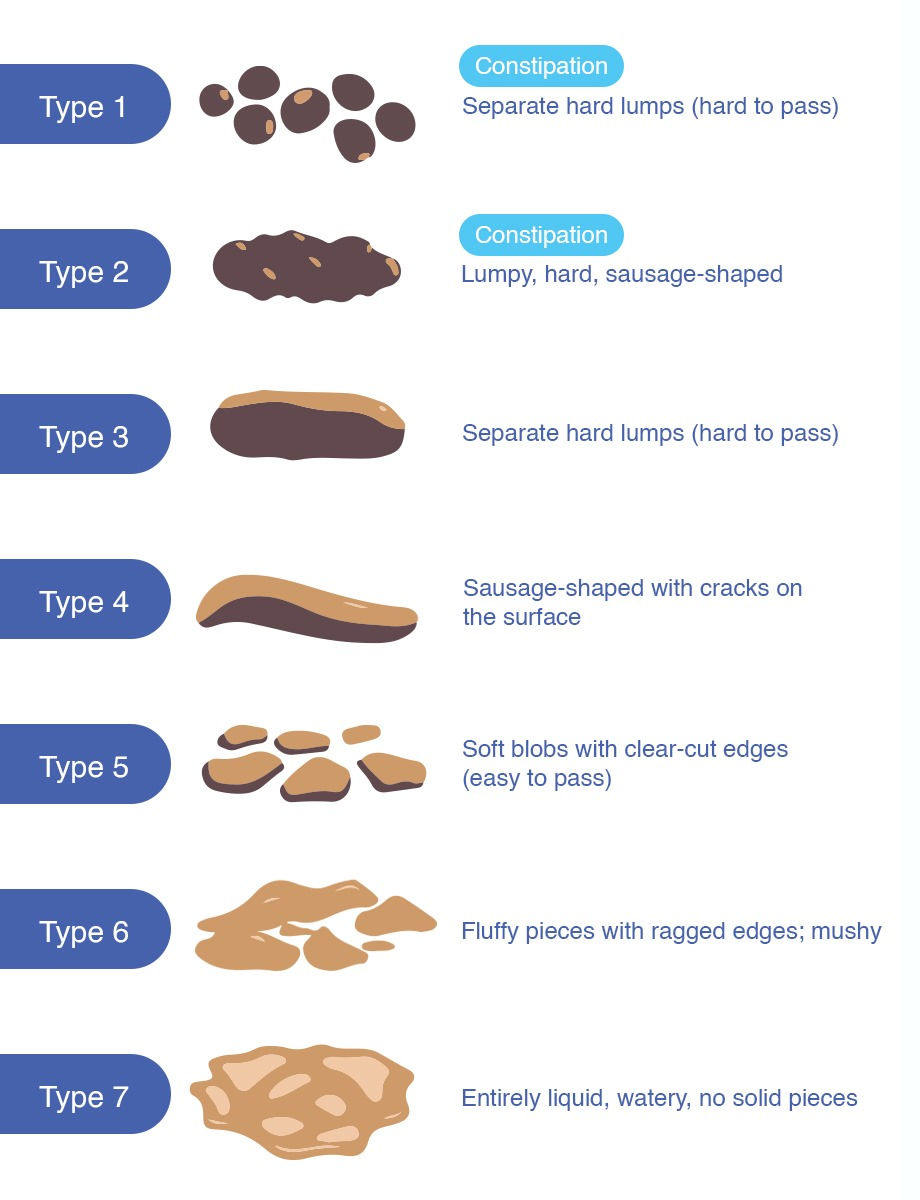Constipation:Understanding the Causes and Finding Relief
- Jul 29, 2024
- 2 min read
Updated: Jul 30, 2024

What Is Constipation?
Constipation is a digestive disorder characterized by infrequent, hard, and dry stools that are difficult or painful to pass. It can affect people of all ages, but it is particularly common among older adults and individuals with certain medical conditions.
Common Causes of Constipation
Dehydration: Insufficient fluid intake can lead to dry, hard stools.
Lack of physical activity: A sedentary lifestyle can slow down bowel movements.
Poor diet: A diet low in fiber can contribute to constipation.
Medications: Certain medications, including opioids, antidepressants, and iron supplements, can cause constipation.
Lifestyle factors: Stress, anxiety, travel, and ignoring the urge to have a bowel movement can contribute to constipation.
Medical conditions: Conditions like irritable bowel syndrome (IBS), hypothyroidism, and diabetes can affect bowel function.
Symptoms of Constipation
Infrequent bowel movements: Fewer than three bowel movements per week.
Straining during bowel movements: Difficulty passing stools.
Incomplete bowel movements: A feeling of not having fully emptied your bowels.
Abdominal pain or bloating: Discomfort in the abdomen.
Hard, small, dry stools: Difficulty passing hard, small stools.
Complications of Constipation
If left untreated, chronic constipation can lead to:
Hemorrhoids: Swollen veins in the anus or rectum.
Anal fissures: Painful tears in the skin of the anus.
Fecal impaction: A buildup of hardened stool in the rectum.
Treatment for Constipation
Treatment for constipation typically involves a combination of lifestyle changes and, in some cases, medical interventions.
Lifestyle changes:
Increased fluid intake: Drink plenty of water and other fluids.
High-fiber diet: Consume foods rich in fiber, such as fruits, vegetables, and whole grains.
Regular exercise: Engage in physical activity to stimulate bowel movements.
Stress management: Practice relaxation techniques to reduce stress.
Over-the-counter medications: Laxatives and stool softeners can help relieve constipation.
Prescription medications: In severe cases, a doctor may prescribe stronger medications.
Medical procedures: For severe constipation, procedures like enemas may be necessary.
Home Remedies for Constipation
Natural remedies: Prune juice and flaxseed oil are often used to relieve constipation.
Warm liquids: Drinking warm liquids, such as herbal tea or coffee, can stimulate bowel movements.
Abdominal massage: Gently massaging your abdomen in a circular motion can help.
Stool softeners and lubricants: These can make it easier to pass stools.
When to See a Doctor
If you experience chronic or recurrent constipation, it is important to consult with a healthcare professional. They can help determine the underlying cause and recommend appropriate treatment.

